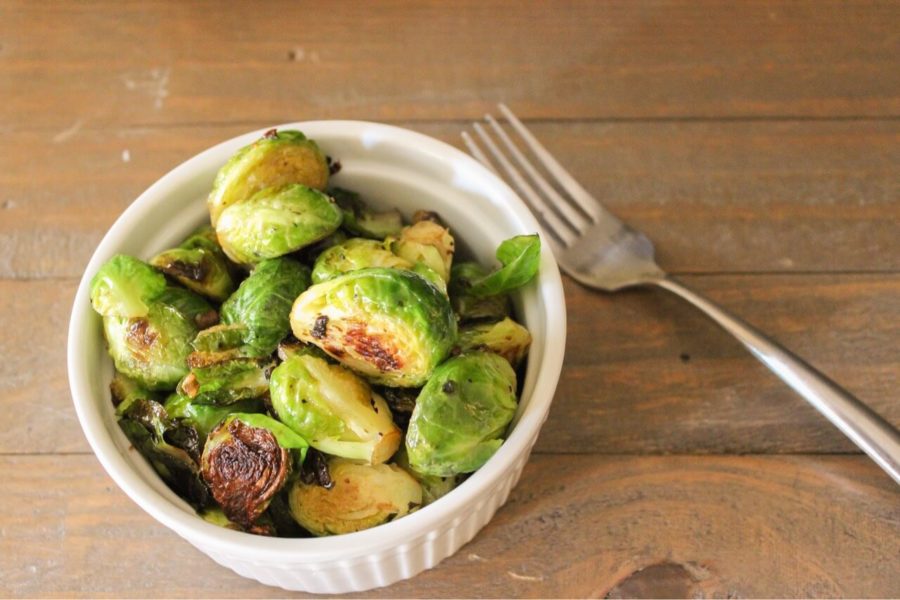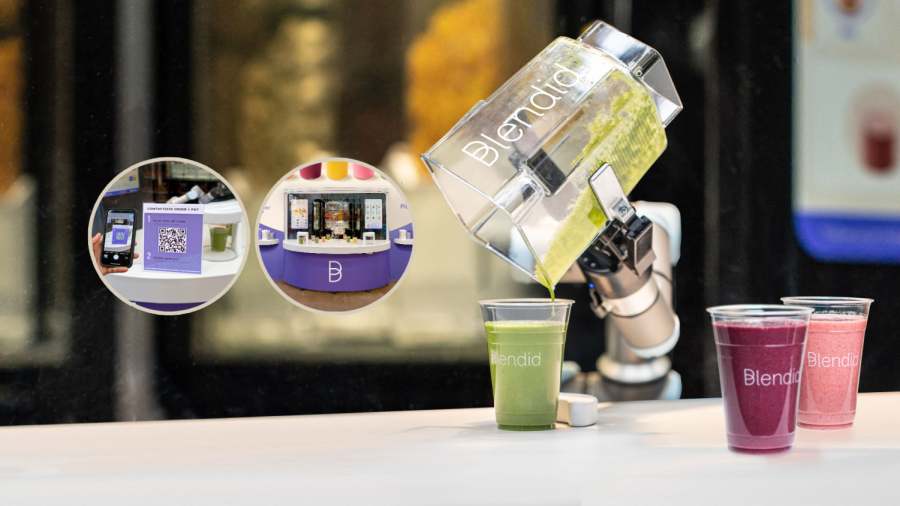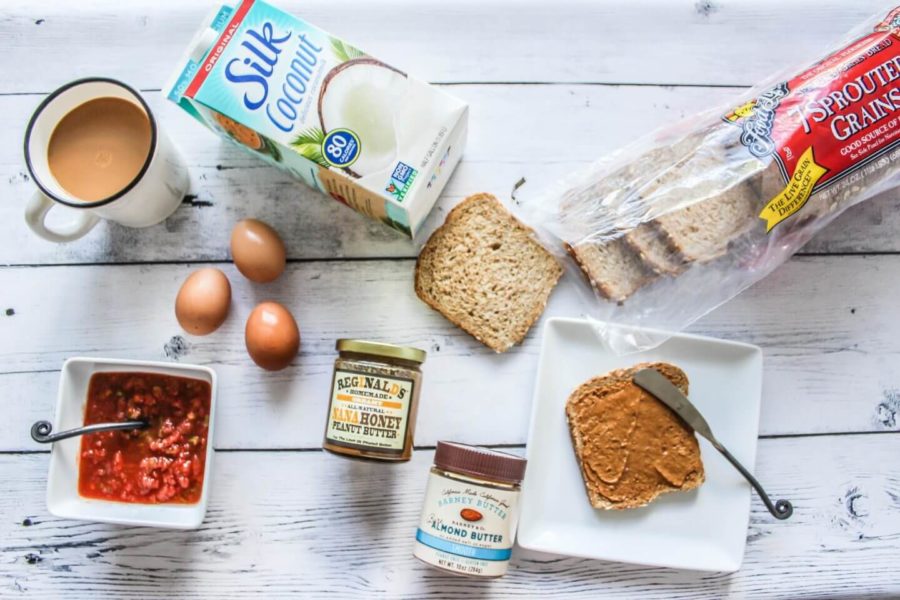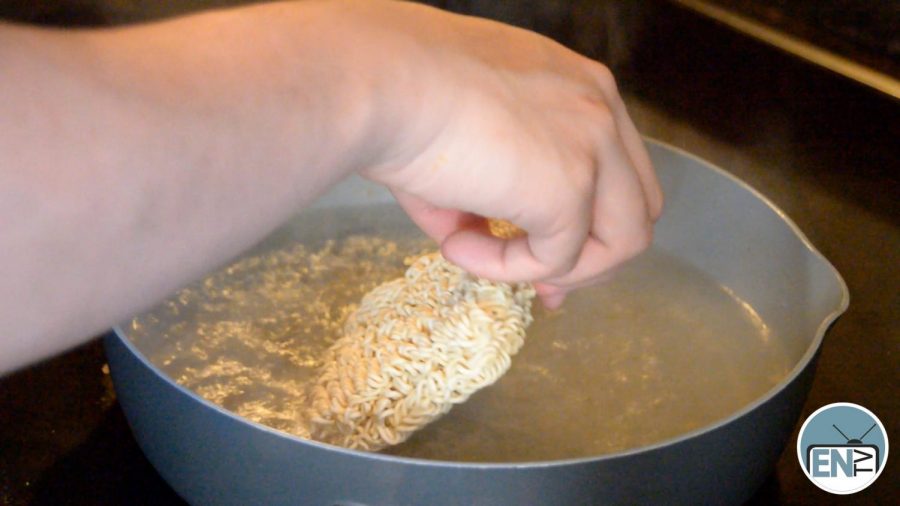Popping up like wildfire across numerous restaurant menus, brussels sprouts are staking their claim to fame in all shapes, sizes and flavor concoctions.
However, these ancient vegetables harbor more benefits than just the potential for heavenly human consumption.
Brussels sprouts, like broccoli, are naturally high in the chemical element, sulfur. Despite the fact that sulfur can leave us with an unpleasant smell in our nostrils, it is effective in aiding the human body in natural detoxification. Combining the cleansing properties of sulfur with brussels sprouts’ phytochemicals packs a mean punch when it comes to fighting numerous types of diseases including cancer, according to an article published by Medical News Today in November 2015.
Besides its cancer-battling qualities, this petite cabbage look-a-like has even more in store for our bodies. Due to their high levels in vitamins, brussels sprouts aid in preserving our eyesight for late night study sessions, as well as our precious skin.
While many of us associate Vitamin C with building immunities to bacteria, Harvard Health Publications suggests through earlier studies that Vitamin C is essential in boosting collagen production.
An abundance of collagen production is what your skin needs in order to maintain its elasticity and youthful glow. All that is needed to supply your recommended daily dose of Vitamin C is in one cup of brussels sprouts.
But, we all would like to know how the nutrient numbers compare to brussels’ friendly foe, broccoli.
Broccoli weighs in as the winner in the calorie category, boasting a sheer 31 calories compared to the opposing brussels sprout at 38 calories a cup.
Nonetheless, when we get down to the nitty gritty and truly analyze the nutrient content, brussels sprouts are the clear winner in almost every other category, including fatty acid content and amino acid content.
Fatty acids, often derived from fish, are quintessential nutrients that students need. According to a late study conducted in 2009 by Dr. Chang of The National Center for Biotechnology Information, a lack of dietary intake of fatty acids impaired overall human brain function and health. With looming finals and deadlines, optimal brain function is one of the most necessary components for college survival.
One thing is for certain; we cannot expect to reap all of the nutrient-rich benefits when they are served with heaping amounts of truffle oil, parmesan cheese and bacon. A tastier, but still fortified alternative way to consume this power green would be to either bake or lightly sauté in a pan of cooking oil with a seasoning of your choice.
Brussels So Hard – Are brussels sprouts the new broccoli?
November 23, 2016
Story continues below advertisement








































